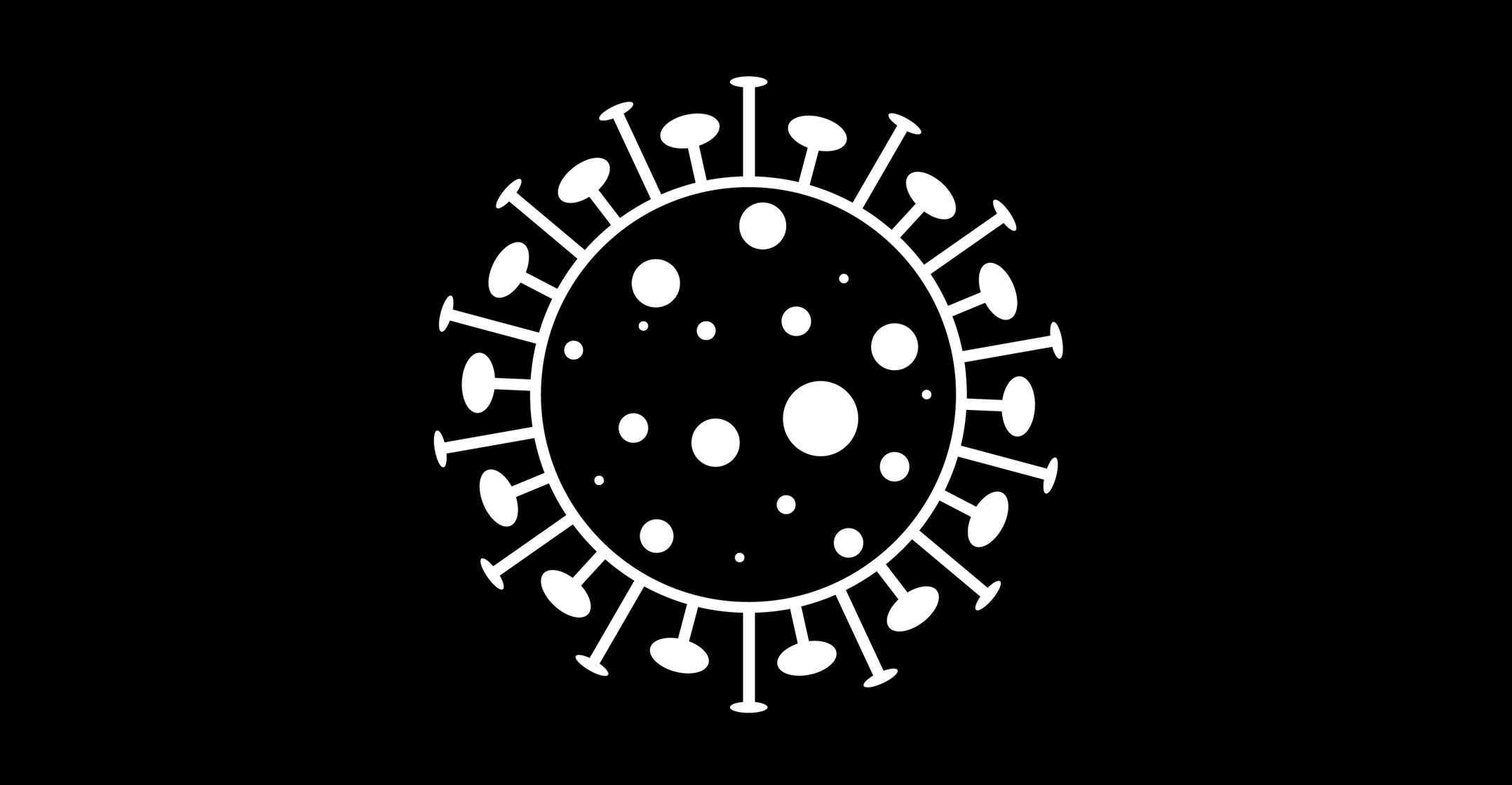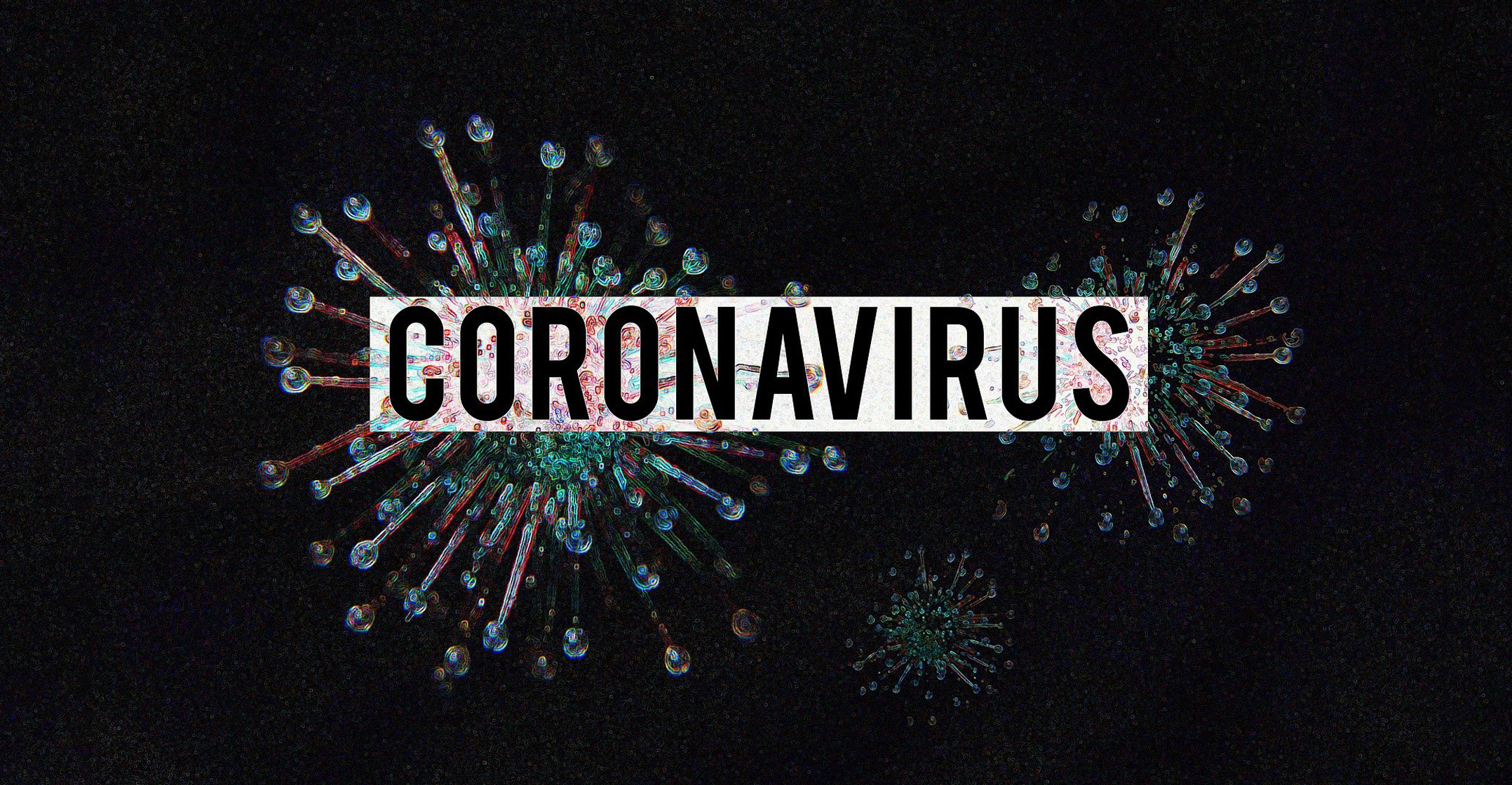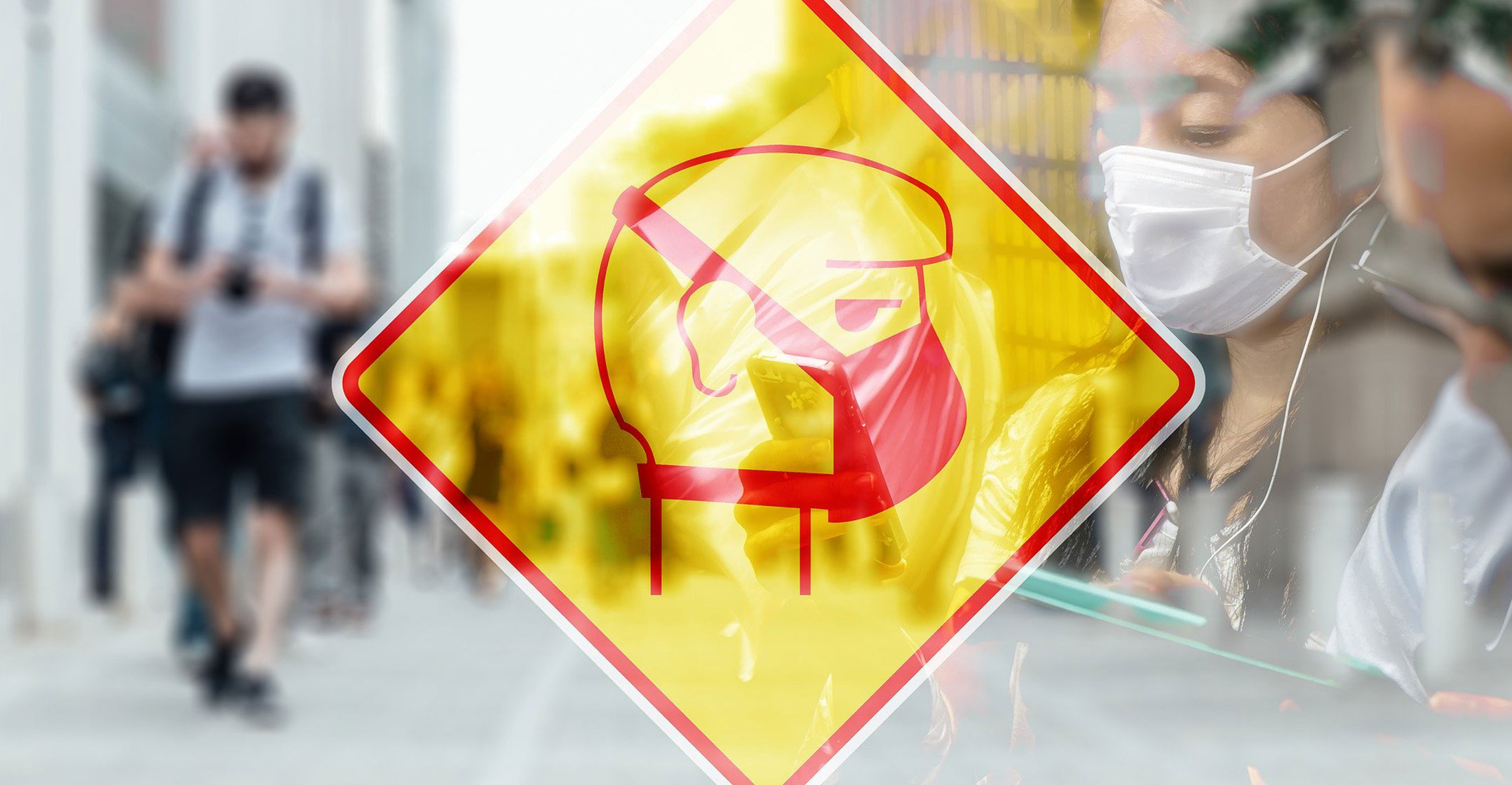 The road to eliminating Covid-19 is long and paved with uncertainty. Many countries are counting on vaccines to build sufficient immunity in their populations so that Sars-CoV-2 isn’t able to find susceptible people to infect, causing transmission of the coronavirus to slow and eventually stop.
The road to eliminating Covid-19 is long and paved with uncertainty. Many countries are counting on vaccines to build sufficient immunity in their populations so that Sars-CoV-2 isn’t able to find susceptible people to infect, causing transmission of the coronavirus to slow and eventually stop.
But even with the roll-out of highly effective vaccines, immunisation coverage may not reach that level — the so-called herd immunity threshold — anytime soon.
For one thing, it’s not known what level of immunity is required and whether vaccines will be potent enough to achieve it.
There’s also the threat of emerging coronavirus variants that may weaken the effectiveness of immunisations.
1. Can Covid-19 be eradicated?
No. So far, only one human disease — smallpox — has been officially eradicated; that is, reduced to zero cases and kept there long term without continuous intervention measures. Smallpox was stamped out thanks to a highly effective vaccine and the fact that humans are the only mammals that are naturally susceptible to infection with the variola virus that causes the disfiguring, sometimes deadly disease. Humans are the only known reservoir of poliovirus, yet it still spreads in a few countries, causing paralysing disease, despite the widespread use of effective immunizations and a 32-year-old global eradication effort. Sars-CoV-2 is thought to persist in nature in horseshoe bats, and has been known to infect minks, cats, gorillas and other animals. Wiping out the virus would require banishing it from every susceptible species, which isn’t feasible. In countries that have successfully suppressed Covid-19 cases, disease elimination has been proposed instead.
2. What’s elimination?
It’s when efforts to suppress an outbreak have resulted in zero new cases of a disease or infection in a defined area over a sustained period. There’s no official definition of how long that should be. One proposal is to make it 28 days, corresponding to twice as long as the outer range of Sars-CoV-2’s incubation period — the time between infection and the appearance of symptoms. Some countries, such as New Zealand, have achieved zero new cases for lengthy periods using border closures, lockdowns and diligent case detection and isolation. During a pandemic, which is an outbreak of a new infection across continents, sustaining elimination of any infectious disease nationwide is challenging, if not impossible, because of the threat of the virus re-entering the country from infected international travelers.
3. Will vaccines eliminate Covid-19?
It’s hard to say. It’s not known what proportion of the population needs to have immunity to stop the coronavirus from circulating, or whether even the most potent vaccines will be able to prevent it from spreading. One study estimated that to stop transmission, 55% to 82% of the population would need to have immunity, which can be achieved either by recovering from an infection or through vaccination. However, herd immunity wasn’t achieved in Manaus, the capital of Amazonas state in Brazil, even after an estimated 76% of the population had been infected. Still, there’s reason to believe mass inoculations will have a more powerful effect because vaccines appear to elicit stronger and more durable protection than a prior infection.
 4. How effective will vaccines be?
4. How effective will vaccines be?
There’s good evidence that the shots made by Pfizer-BioNTech and Moderna are very effective — as much as 95% — at preventing recipients from developing Covid-19 itself. However, data haven’t been released on their ability to prevent people from developing asymptomatic infections or transmitting the virus to others. The gold standard in vaccinology is to stop infection as well as disease, providing so-called sterilising immunity. But it’s not always achieved. The measles vaccine, for instance, prevents infection so that vaccinated people don’t spread the virus, whereas the vaccine for whooping cough does a good job protecting against serious disease but is less effective at stopping infection. Encouragingly, a study of Moderna’s Covid vaccine in monkeys suggested that it will reduce, if not completely prevent, onward transmission of the virus. Clinical trials using AstraZeneca’s vaccine indicate it may be less than 60% effective at stopping infections — making it unlikely to achieve herd immunity even if everyone in a population received two doses.
5. How do variants of the virus factor in?
Researchers have studied the ability of antibodies in the blood of recovered Covid-19 patients to block the new, fast-spreading B.1.1.7, 501Y.V2 and P.1 variants first reported in the UK, South Africa and Brazil. Some research indicated the potential for these strains to escape the immune protection afforded by natural infection. The scientists cautioned that the lab studies are only indicative and there’s no evidence that this is actually occurring in the community, or whether vaccine-generated antibodies will be less effective against the new strain.
6. Do Covid-19 vaccines have to prevent infection to curb cases?
No. Vaccines don’t have to be perfect to have a public health benefit. New Zealand vaccinologist Helen Petousis-Harris points to rotavirus and chickenpox as examples of diseases that have been “virtually eliminated using vaccines that are very good at preventing severe disease, quite good at preventing any disease, but that do not completely prevent infection in everyone”. Since Sars-CoV-2 spreads through respiratory particles from an infected person’s throat and nose, a vaccine that reduces the amount of virus in the respiratory tract or reduces the frequency an infected person coughs may decrease the likelihood of it being transmitted to others and lower the effective reproduction number (Re), which is the average number of new infections estimated to stem from a single case. Mike Ryan, head of the World Health Organisation’s emergencies programme, told reporters on 25 January that rather than focusing on eliminating Sars-CoV-2, success should be seen as “reducing the capacity of this virus to kill, to put people in hospital, to destroy our economic and social lives”.
 7. What if Covid-19 isn’t eliminated?
7. What if Covid-19 isn’t eliminated?
David Heymann, chair of the WHO’s Strategic and Technical Advisory Group for Infectious Hazards, warned at the end of 2020, “it appears the destiny of Sars-CoV-2 is to become endemic”. Viruses that are endemic continuously circulate in the community, often causing periodic spikes when disease characteristics and human behavioural patterns favour transmission. Examples include norovirus, the notorious cause of gastroenteritis on cruise ships, and the myriad viruses, including four coronaviruses, that cause the common cold, especially over the winter.
8. What might the implications be?
It’s unknown how things will evolve, but researchers have begun to spin out scenarios. People who have survived Covid-19 and those vaccinated against it will probably be protected against the disease for some time. It’s likely that re-exposure to the virus or a booster shot of the vaccine will bolster their protection. As more and more people develop immunity in this way, the virus will find those who are not yet immune, so long as herd immunity is not established to protect them. That will mean that people who can’t get vaccinated — because their immune systems are compromised, or they have allergies to vaccine ingredients, or they are too young (none of the vaccines authorised in Western countries have been approved for children) — will remain vulnerable. Some scientists have predicted that, once the endemic phase is reached and primary exposure to the virus is in childhood, Sars-CoV-2 may be no more virulent than the common cold. — Reported by Jason Gale, (c) 2021 Bloomberg LP

